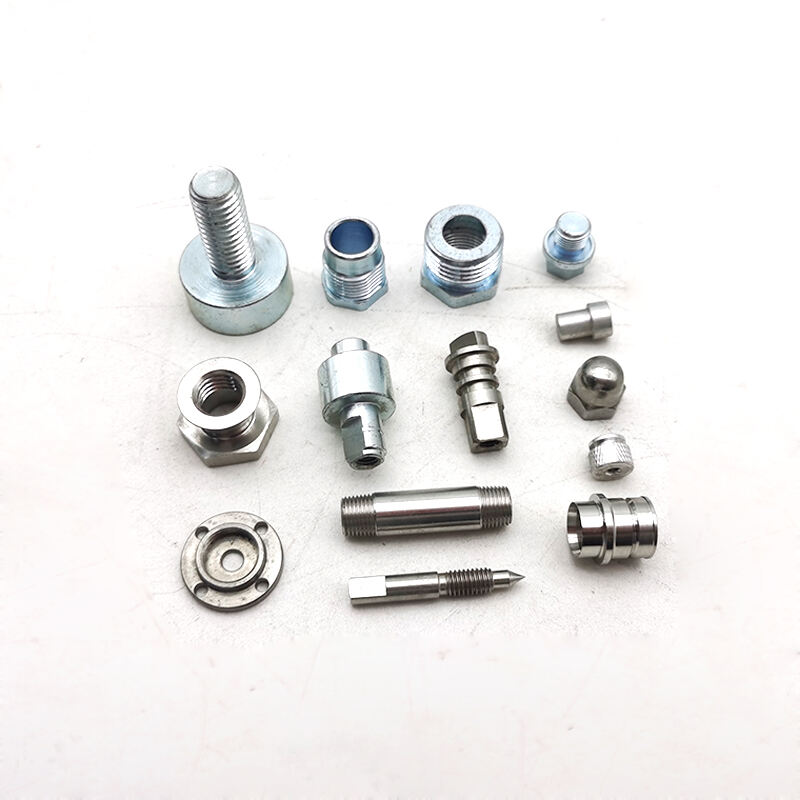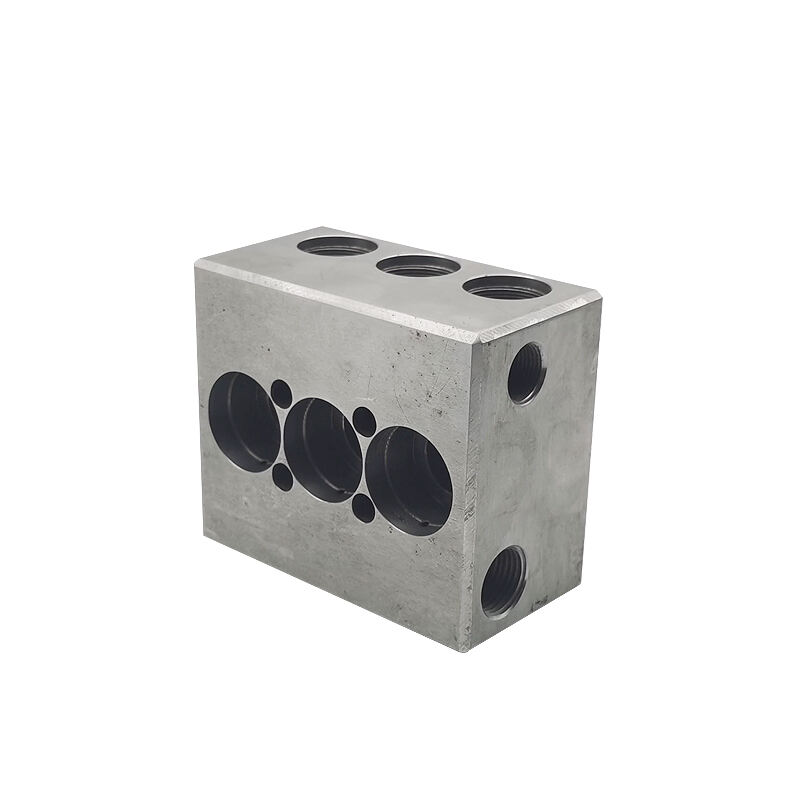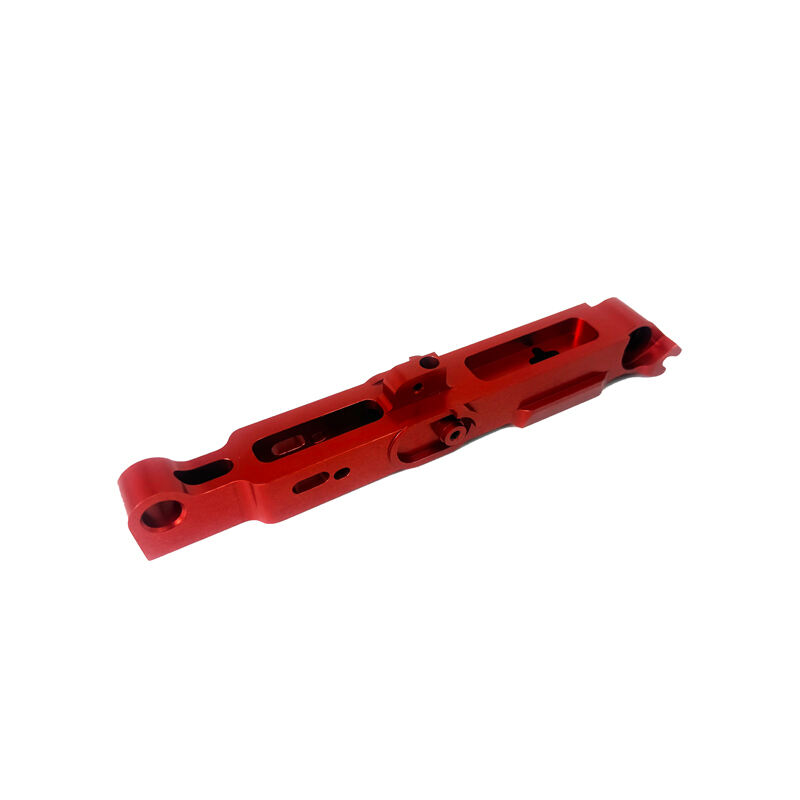cnc parts machining
CNC parts machining represents a cutting-edge manufacturing process that utilizes computer numerical control technology to create precise components across various industries. This advanced manufacturing method employs sophisticated software and automated machine tools to transform raw materials into highly accurate finished parts. The process begins with computer-aided design (CAD) software, where engineers create detailed digital blueprints. These designs are then converted into machine-readable instructions through computer-aided manufacturing (CAM) software. The CNC machine follows these instructions to perform various operations such as milling, turning, drilling, and grinding with exceptional precision. Modern CNC machining centers can operate along multiple axes, enabling the creation of complex geometries and intricate features that would be impossible to achieve through manual machining. The technology supports a wide range of materials, including metals, plastics, composites, and wood, making it versatile for diverse applications. Industries such as aerospace, automotive, medical device manufacturing, and consumer electronics rely heavily on CNC parts machining for producing components that meet strict quality and precision requirements.


